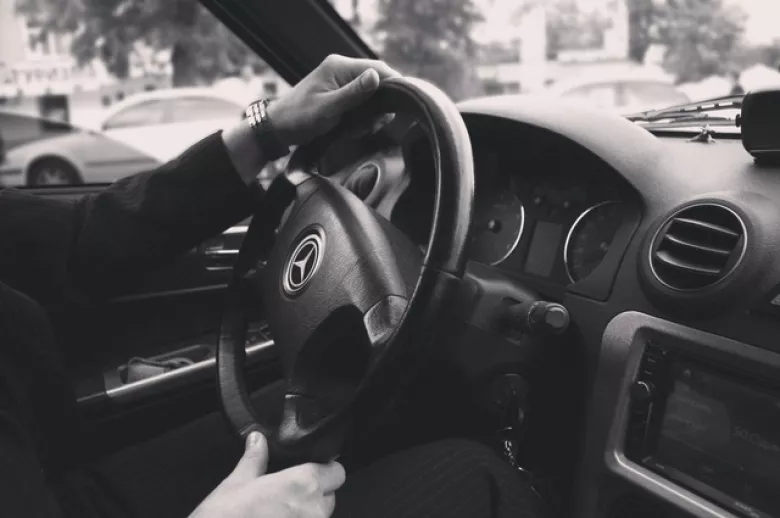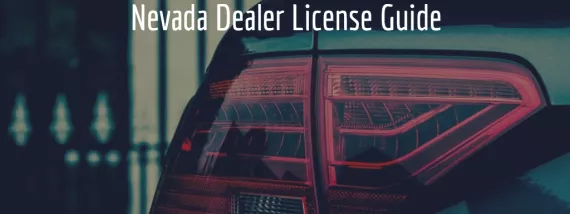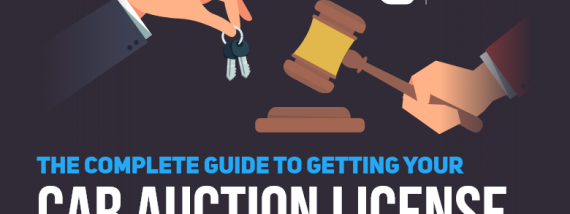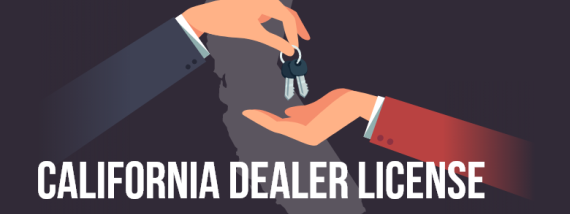How to Get a Michigan Dealer License

Want to enter the business of selling cars in Michigan? Your first step to success is getting your Michigan dealer license. Any person dealing with more than five vehicles per 12 months is required to do go through that procedure.
While the licensing contains a number of steps and entails obtaining a good amount of paperwork, it is certainly worthwhile to complete it and operate as an auto dealer in the state. The most common requirements include filling in a detailed application form and posting a Michigan auto dealer bond.
Meeting all criteria is paramount, as you won’t be able to get licensed otherwise, which means you cannot operate legally. Most states across the country have similar procedures for auto dealers.
Let’s go through the most important steps for getting your Michigan dealer license, so you can nail the licensing like a pro.
**NEW:** Download our FREE e-book guide containing comprehensive information on how to start your own dealership, from getting licensed and bonded to securing financing and cars for your lot!

Michigan dealer license types
Auto dealer licenses in Michigan are issued by the Business Licensing Section of the Michigan Department of State’s Driver Programs Division.
While the most common dealer licenses are those for selling either new or used vehicles, the list of dealer licenses available is quite long. It includes:
- Class A (New Vehicle Dealer)
- Class B (Used Vehicle Dealer)
- Class C (Used Vehicle Parts Dealer)
- Class D (Broker)
- Class E (Distressed Vehicle Transporter)
- Class F (Vehicle Scrap Metal Processor)
- Class G (Vehicle Salvage Pool)
- Class H (Foreign Salvage Vehicle Dealer)
- Class R (Automotive Recycler)
- Class W (Wholesaler)
The licensing criteria for most types are similar, but there are specifics depending on the vehicles that will be sold. If you would like to sell more than one type of vehicles, make sure to check the Dealer Kit to see what combination of licenses you would need.
Licensing requirements
Once you have clarified the type of business you would like to operate and the right license for it, it’s time to delve into the Michigan dealer license requirements.
Besides completing the Michigan dealer license application form, auto dealers need to supply a range of other documents. The most common requirements include:
- Approval for applicable zoning and municipal requirements;
- Business name, location and telephone;
- Business working hours;
- Business location description according to the class you are applying for;
- Copy of business documents for an individual owner or partnership or for a corporation or LLC;
- Personal information for owners, partners, corporate officers and managers;
- Franchise agreement for Class A license;
- Servicing facility papers for Class A and Class B;
- Class A, B and W need 20/40/10 fleet-type Michigan no-fault insurance for all vehicles;
- Class C and R need worker’s compensation insurance;
- Applicant history;
- Payment of license and plate fees - $75 fee for all classes but C, H and R. These three classes require a $160 fee. Dealer plates cost $15;
- $10,000 surety bond (uniform form available here) for Class A, B, D and H.
You can also refer to the Dealer License Requirements Chart for a full overview.
The licensing period runs from January 1st to December 31st of each year. Dealers must go through the Michigan dealer license renewal process by the deadline in order to stay in business.
Your Michigan auto dealer bond
For the most common types of Michigan auto dealer licenses - new and used car dealers, you will have to post a $10,000 Michigan auto dealer bond. Class A, B, D and H are required to get bonded as a part of the licensing.
The purpose of obtaining a surety bond is to guarantee that the interests of your customers will be safeguarded. In fact, the bond does not protect your business like insurance does, but only the general public. This means that if you do not follow the state rules governing the trade, you can face a claim on the bond. The penal sum of $10,000 is the maximum reimbursement for affected parties on proven claims.
To get bonded, you don’t have to cover the whole bond amount required. The bond premium that you have to pay is only a fraction of it. Usually, it is between 1%-3% for standard market applicants. This means that for your $10,000 Michigan auto dealer bond, you might end up paying only $100-$300.
Getting your Michigan dealer license is a straightforward step, and equipped with the right knowledge, the process will surely be smoother.
Are you ready to start your bonding? Get a free bond quote from Lance Surety Bonds today, no obligations! For any questions, we are here to help. You can contact us online or call 877.514.5146.
- Fast and Secure Application
- Nationwide Coverage
- Approval in Minutes
- Money Back Guarantee
Recommended Articles
- Fast and Secure Application
- Nationwide Coverage
- Approval in Minutes
- Money Back Guarantee
- Image

- Image

- Image

Lance Surety Bond Associates, Inc. is a surety bond agency based out of southeastern Pennsylvania that is able to write all surety bond types in all 50 states. We are dedicated to servicing all of our customers' surety bonding needs throughout the country and guarantee competitive rates, timely responses, and unparalleled customer service.








